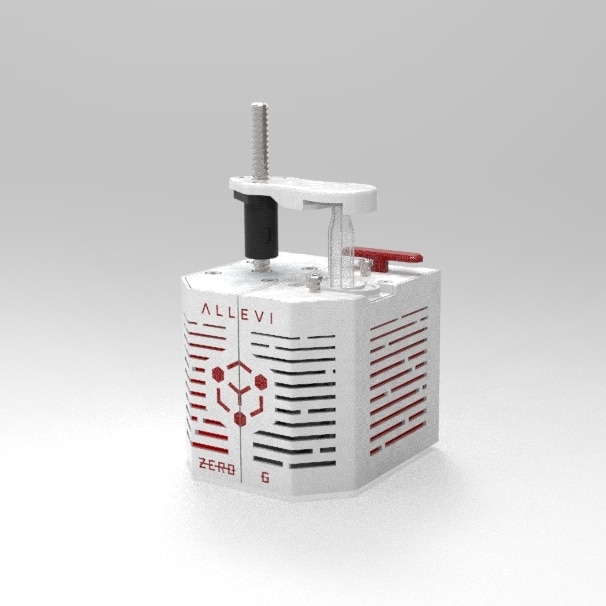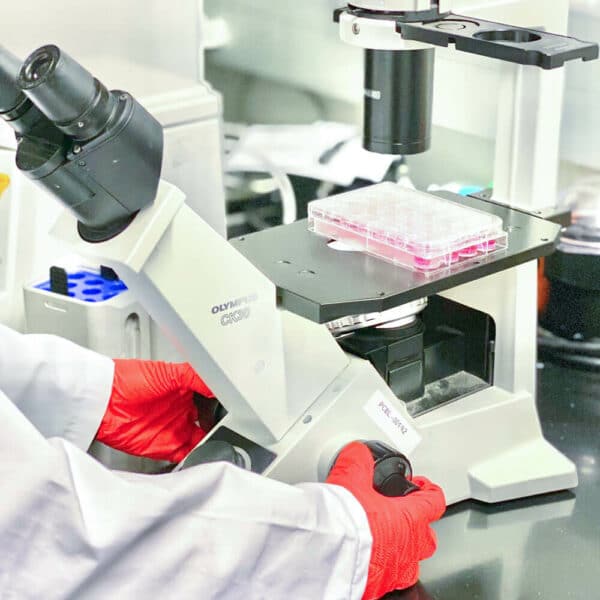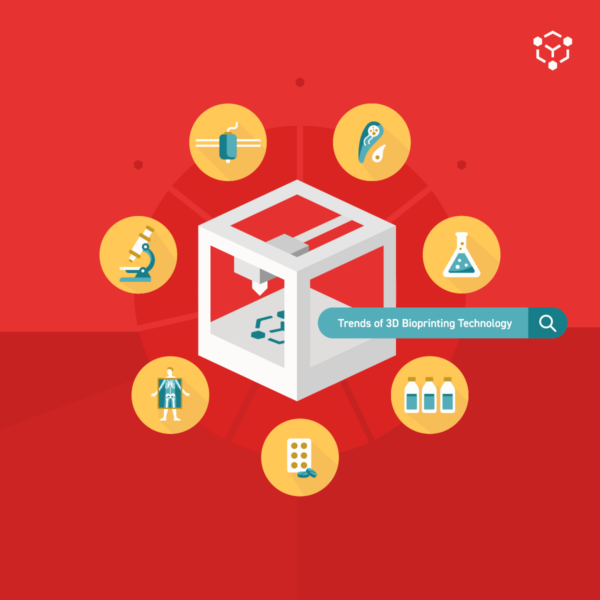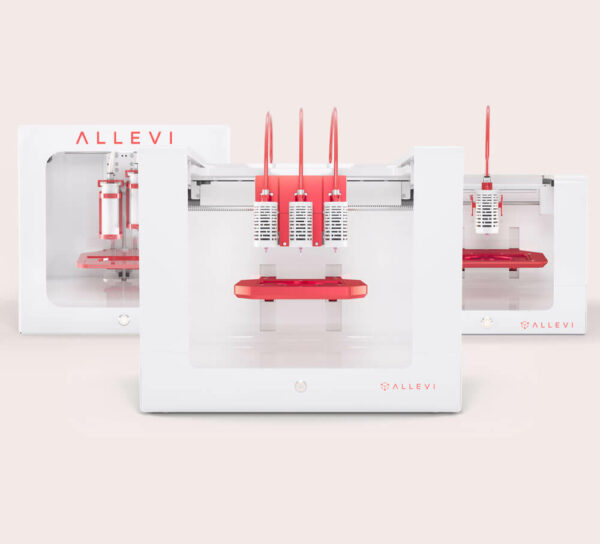
Allevi Blog
Allevi Bioprinting in Space
- Updated on May 24, 2022

Here at Allevi, we are driven by the goal of being able to 3D bioprint replacement organs for humans. While we continue to understand the capabilities and constraints of 3d biofabrication here on Earth, the ability to explore cellular function by bioprinting in space could afford us novel discoveries of organ form and function that have never before been studied.
The physical exploration of space began in the 1950s with the race between the Soviet Union and the United States for who could take those weightless first steps. Orbiting above earth, astronauts have since made countless discoveries of the galaxy we live in and the science of the stars. On top of the celestial research, space exploration has yielded humanity practical tools that improve our daily lives, such as the GPS in your car, the ear thermometer in your medicine cabinet, and the joystick on your gaming console. Without the constraints of gravity, astronauts are able to study and innovate in a truly novel way.
As we continue to explore deeper into space, astronauts are spending more time in orbit than ever before and need tools that are adaptable and customizable for any given task. This is the ethos behind Made in Space, an organization that focuses on increasing human capability in orbit by bringing 3d printing technology onto the International Space Station (ISS). Accessibility to 3D printing on the ISS has allowed astronauts to print custom plastic tools and parts that are needed to successfully achieve their mission. No need to come back to earth to fetch that tool, you can now print it at zero g.
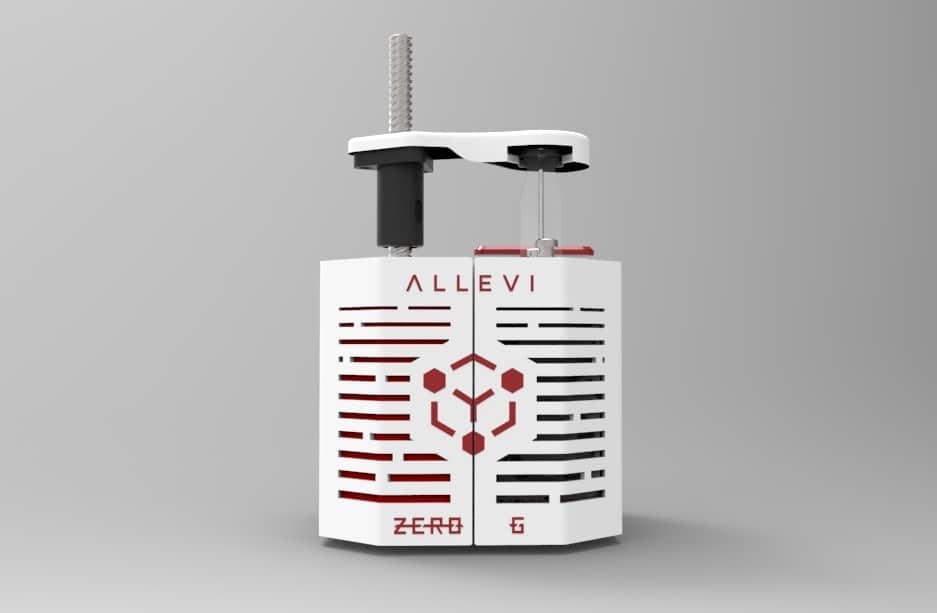
In pursuit of this novel research, we have partnered with Made in Space to develop the first extruder for bioprinting in space; the Allevi ZeroG. We have designed a compatible extruder that can be outfitted onto Made In Space’s existing Additive Manufacturing Facility on the ISS. The ZeroG bio-extruder will allow scientists on the Allevi platform to simultaneously run experiments both on the ground and in space to observe biological differences that occur with and without gravity.
We are excited to continue to revolutionize how we study biology, not only on the ground but now in space. And perhaps one day, the Allevi ZeroG will aid astronauts in 3D bioprinting replacement organs for deep space travel. We’re excited to participate in this next generation space race.
